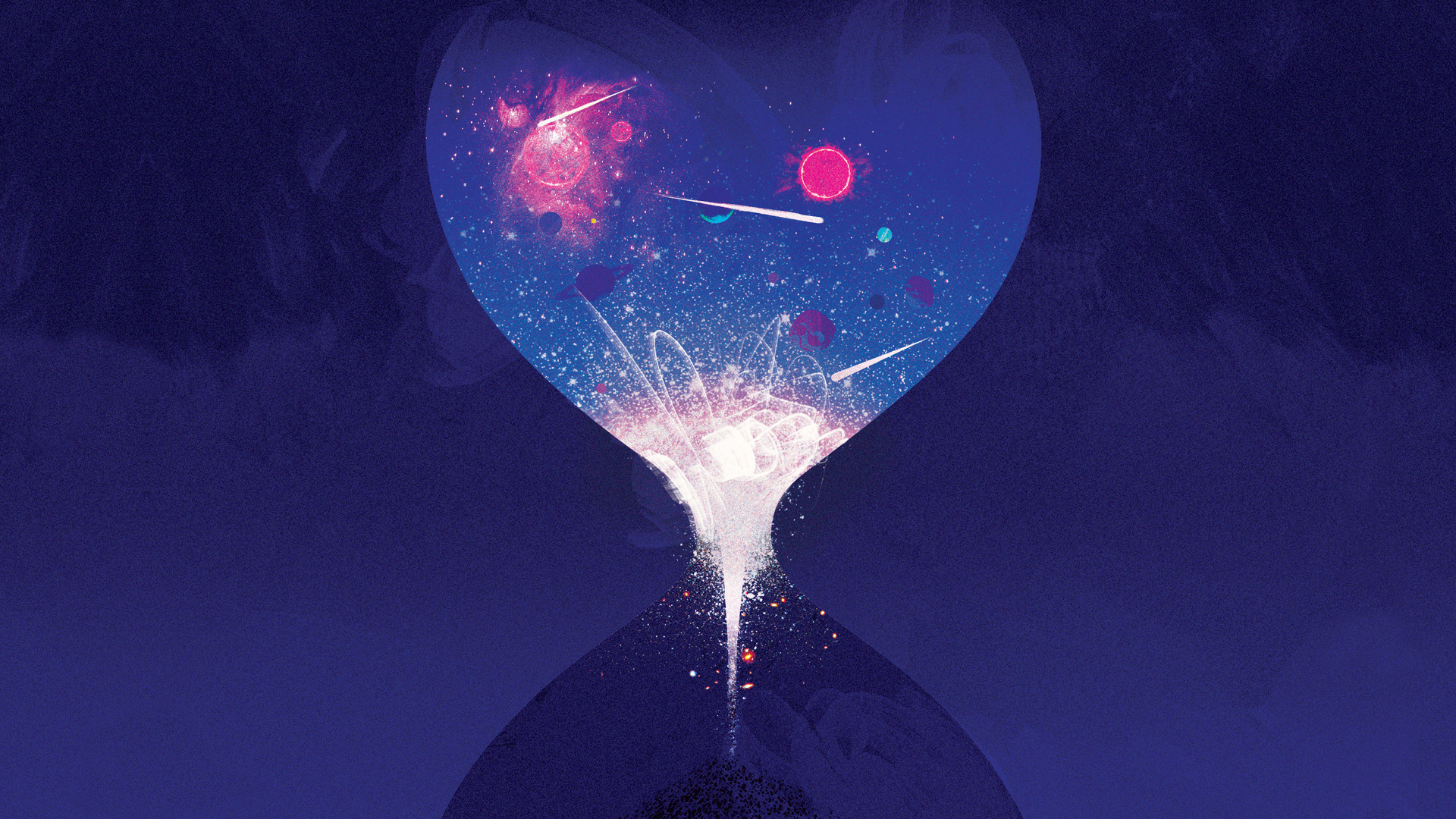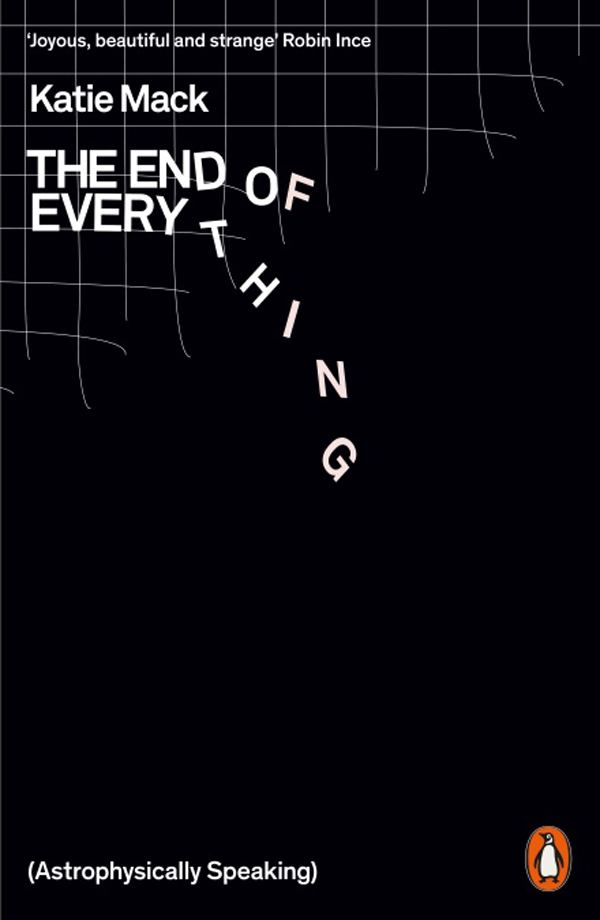I am not in any way a morbid person.
The concept of death, in general, is not something I’ve ever made peace with. I am perfectly happy to assume that I, all my loved ones, and everybody’s pets, are immortal, destined to live, peacefully, forever. This illusion has become rather difficult to maintain, however, now that a significant part of my professional life is focused on the inevitable destruction of the universe itself.
Like many people, my fascination with the universe started at the beginning. As a kid, I was a tinkerer – always taking things apart to see what they were made of- and that need to understand the inner workings of everything naturally extended to the cosmos itself. I became obsessed with questions like “What was the Big Bang?” and “How does time work?” and “What happens inside a black hole?” By the time I was about 10 years old, I was devouring science magazines and astronomy documentaries, and when I read Stephen Hawking’s: A Brief History of Time, I decided that I wanted his job: I, too, would become a cosmologist.
I didn’t at that time know exactly what a cosmologist did, aside from pondering the mysteries of creation. I imagined that I would be spending my time locked away in a little office with a chalkboard, writing down complex equations and having eureka moments in which I suddenly invented new theories of the origins of the cosmos, or perhaps stumbled upon the holy grail “theory of everything” that would, once and for all, solve physics.
The reality of cosmology research has been far less dramatic, and significantly less solitary, but has allowed me to follow my curiosity about the cosmos and to explore more strange and perplexing ideas than I could ever have imagined. After getting some early experience dabbling in experimental physics, including hunting neutrinos in an underground laboratory and measuring atomic nuclei using lasers and magnetic fields, I dove head-first into the exploration of the cosmos. But rather than spending my time scribbling equations on a blackboard, I found myself writing computer code, attending conferences, reading papers and constantly working through ideas with other physicists. I received a great deal of sensible advice to focus my research on one topic, but instead found a niche chasing the “what if” questions in the space between theory and experiment. What does the latest exciting theory suggest we should see in our telescopes? How should the newest experiments be optimised to best nail down our theories? I chose the projects that let me be the most creative, rather than becoming exclusively focused on a specific kind of astrophysical object or phenomenon.
Which is how I went from studying the Big Bang to contemplating the ultimate destruction of the cosmos, and then to writing an entire book about all the different ways it might end.










